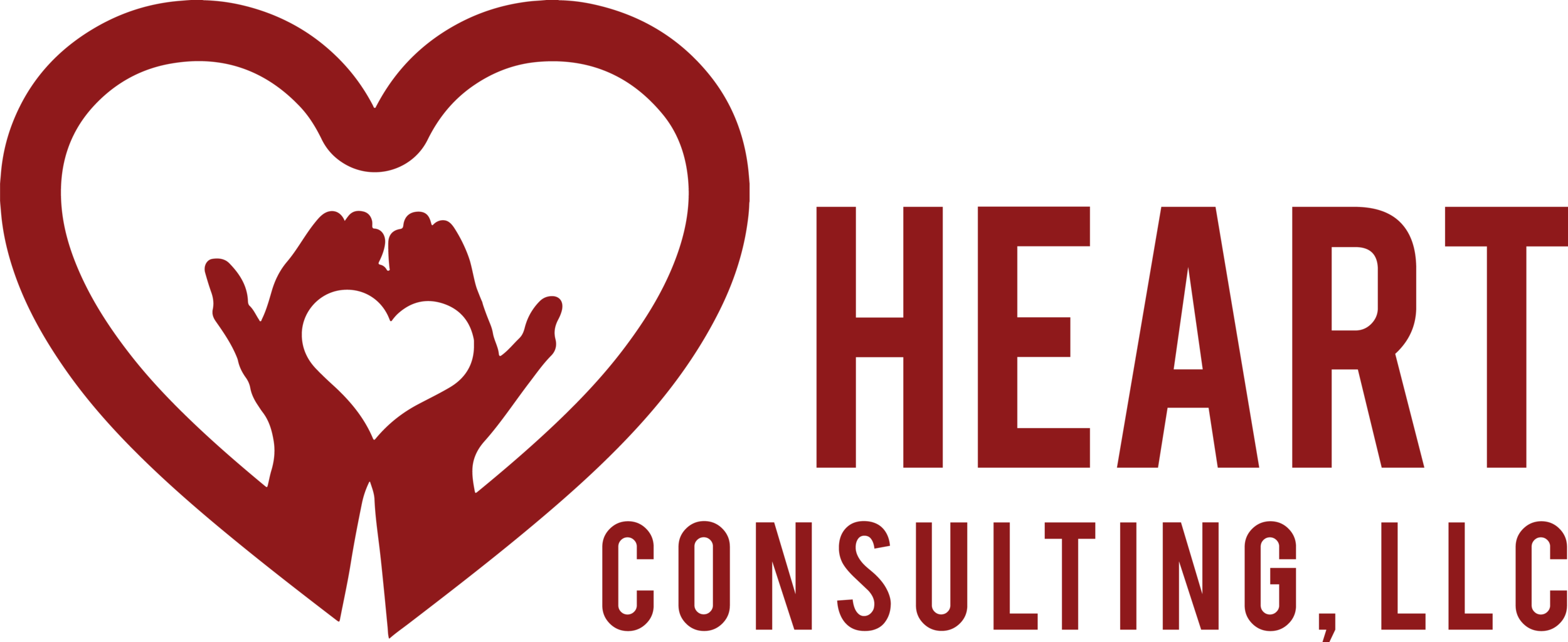Invisible is Valid
*Trigger Warning: This article references multiple forms of domestic violence.
This week highlighted International Day of Persons with Disabilities, meant to bring attention to the many disorders that impact countless lives across the globe on a daily basis. The theme for this year was “invisible disabilities”, those which are not immediately apparent to the outside world, that affect about 15% of the population (and this number is increasing every year). The disabilities included things like mental health disorders, chronic pain and fatigue, traumatic brain injuries, neurological disorders, and intellectual and developmental disabilities. I was excited to see attention being brought to this population, because I’ve become too familiar with the fact that there are people out there still saying things like, “Well, you don’t look disabled.” This got me thinking about all the people I’ve worked with over the years who also heard statements like, “Well, you don’t look abused.”
When it comes to dating and domestic violence, our first thoughts still jump to images of physical violence. I understand that this is typically the easiest to spot, which leads many to believe that it’s also the most common or most problematic. A person exhibiting bruises or scratch marks absolutely presents differently, but we have to get out of the mindset that any one type of violence is more “relevant” than others. This is the same mindset that forces so many people into silence, believing that their experiences aren’t as bad as others.
Verbal abuse, mental and emotional abuse, sexual abuse, financial abuse, environmental abuse...these things don’t leave the same marks that physical abuse can, but the lasting effects can be even more detrimental to someone’s wellbeing. There’s also no typical person who experiences abuse, of any form. Regardless of how you dress, the house you live in, the car you drive, or how happy the photos you post on Facebook look...interpersonal violence doesn’t discriminate.
You’d think that we would have come to realize that you can’t assume someone’s gender identity, sexual orientation, preferred pronouns, relationship status, etc. You can’t tell by looking at someone if they’ve experienced domestic violence. You can’t tell by looking at someone if they have a disability. I’m glad to see this point highlighted to raise awareness this week, but it’s important that we remember it all year long.
Jordann Mason, Community Outreach Director
